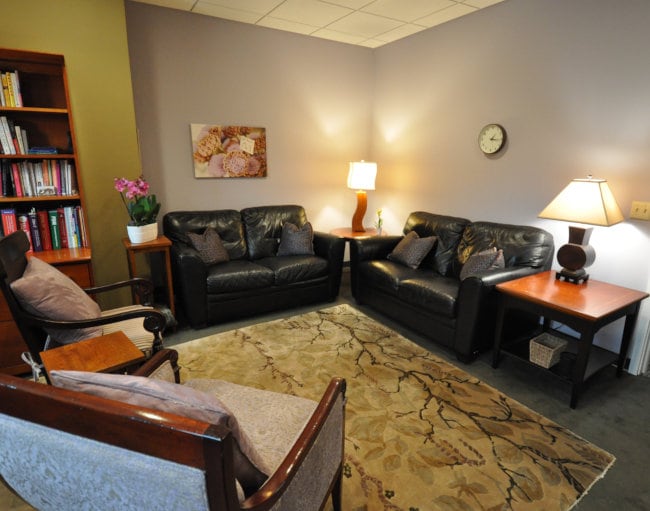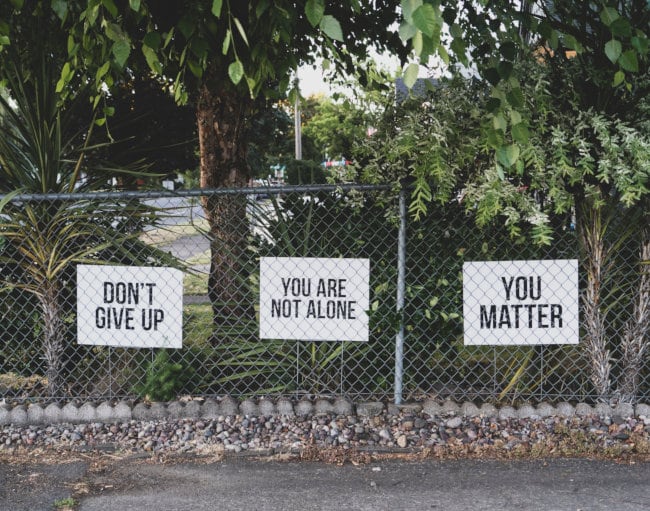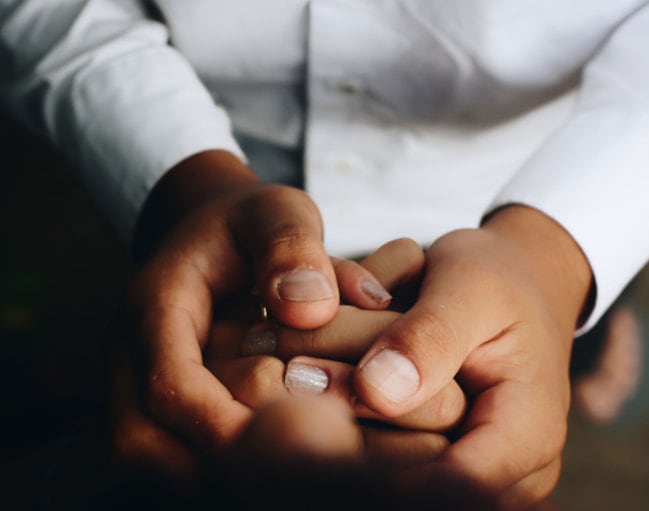Addictions and Recovery
“Addiction begins with the hope that something ‘out there’ can instantly fill up the emptiness inside.”
— Jean Kilbourne
Who I Help
I treat adults who either: know they have a problem with drugs or alcohol or are not sure if they have a problem with drugs or alcohol. I also work with adults who are in recovery for alcoholism or drug addiction or who have relapsed and want to get back into recovery.
My Clinical Approach
I provide practical information regarding addiction diagnosis and treatment. Sometimes people are not sure if they have a problem and want to better understand the dynamics of addiction, abuse and dependence. Exploring your questions and concerns with an experienced clinician and in an atmosphere that is non-judging, has been helpful to many of my clients. I provide honest and caring feedback with no agenda. I am direct but not directive (meaning I don’t tell people what to do). I am comfortable with the 12 Step Recovery Model and incorporate it into my work. For clients who do not wish to use a 12 Step Recovery Model, my approach is customized according to their experience and goals. Where there is another mental health diagnosis (for example, depression); I treat both conditions.


Learning to live life on life’s terms
Developmental growth can be arrested during periods of heavy drug and/or alcohol use. Sometimes people who have gotten clean or sober find it useful to learn new skills for dealing with relationships, anger issues and stress. I am experienced in coaching clients on how to improve their relationship with themselves and others. Learning skills in the areas of boundary dynamics, assertiveness, relationship repair and self care has been helpful to many of my clients.
Relapse Prevention
I can be of support to people who are in recovery and are motivated to stay clean or sober. By identifying triggers, talking about stressors, and structuring time we can minimize the chances of relapse and reinforce recovery. For the person just leaving a residential treatment facility, or an intensive or partial outpatient treatment program, I can provide the support needed to maintain and continue the progress that has already been achieved.


If you are trying to help someone else…
The truth is that we can’t get other people clean or sober unless they have the desire to stop. If someone you love isn’t willing to give up alcohol or their drug of choice, the best thing you can do is to take care of yourself. Al-anon can help you learn how to be happy whether or not the alcoholic or addict in your life stops drinking or using (www.al-anon.org). I can assist you as you learn how to let go of trying to control the behavior of others and deal with the sadness of seeing someone you care about hurting themselves.
Recovery Resources
Alcoholics Anonymous (AA) is an international fellowship of men and women who have had a drinking problem. It is nonprofessional, self-supporting, multiracial, apolitical, and available almost everywhere. There are no age or education requirements. Membership is open to anyone who wants to do something about his or her drinking problem. For more information, visit www.AA.org. To find out about meetings in Middle Tennessee, visit www.aanashville.org.
Narcotics Anonymous (NA) is a nonprofit fellowship or society of men and women for whom drugs had become a major problem. They are recovering addicts who meet regularly to help each other stay clean. NA is a program of complete abstinence from all drugs. The only one requirement for membership is the desire to stop using. . For more information, visit www.na.org. To find out about meetings in Middle Tennessee, visit www.nanashville.org.
Refuge Recovery is a non-profit organization grounded in the belief that Buddhist principles and practices create a strong foundation for a path to freedom from addiction. To learn about the organization and find a directory of local meetings, visit www.refugerecovery.org.
